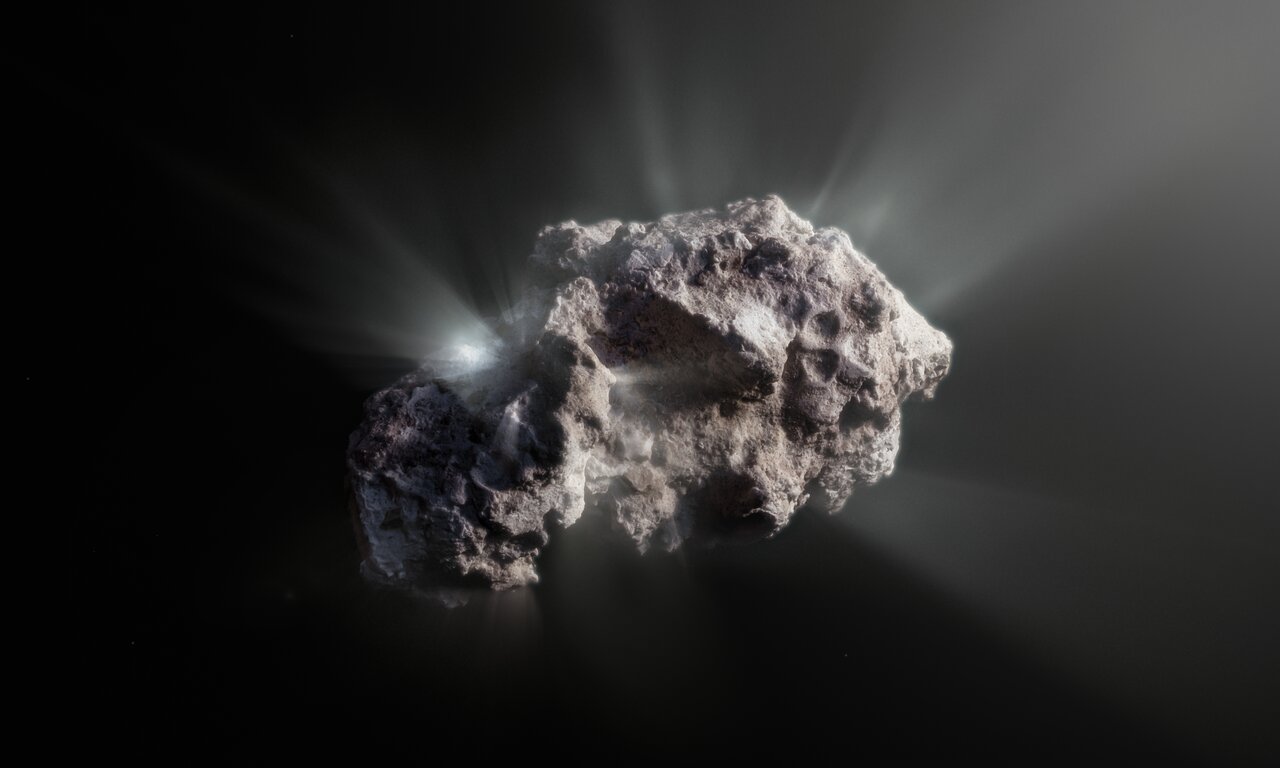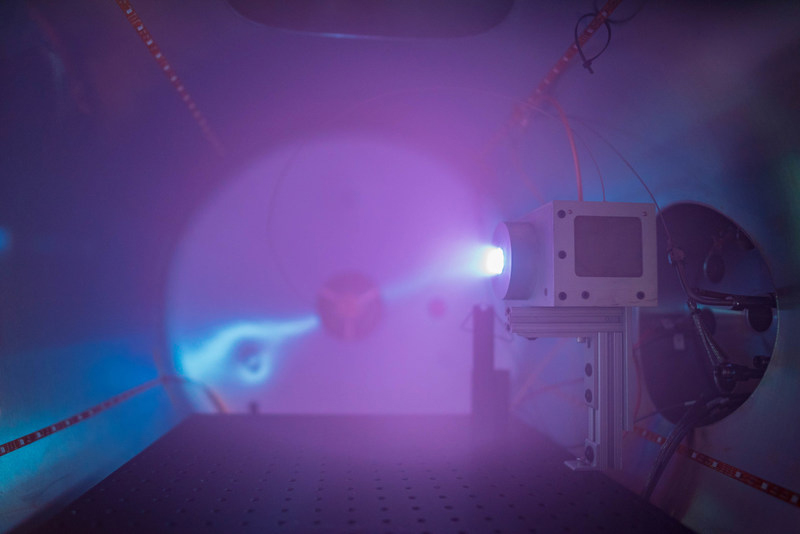
Charles Q. Choi
Charles Q. Choi is a contributing writer for Space.com and Live Science. He covers all things human origins and astronomy as well as physics, animals and general science topics. Charles has a Master of Arts degree from the University of Missouri-Columbia, School of Journalism and a Bachelor of Arts degree from the University of South Florida. Charles has visited every continent on Earth, drinking rancid yak butter tea in Lhasa, snorkeling with sea lions in the Galapagos and even climbing an iceberg in Antarctica. Visit him at http://www.sciwriter.us
Latest articles by Charles Q. Choi

Microbes could help future Mars explorers make rocket fuel and oxygen on the Red Planet
By Charles Q. Choi last updated
Future Mars astronauts could make rocket fuel on the Red Planet using air, water and sunlight, a new study finds. The technology could fuel the astronauts' flights back to Earth.
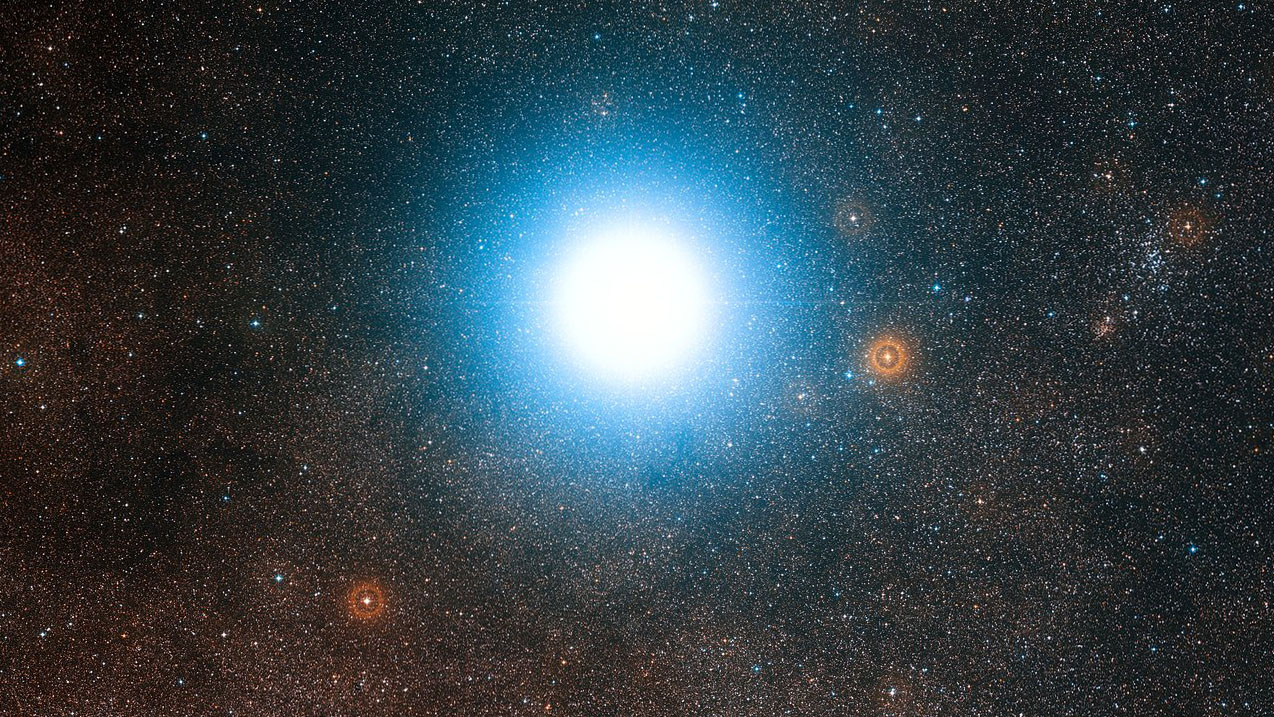
Mysterious radio signal from Proxima Centauri was definitely not aliens
By Charles Q. Choi published
Potential evidence of extraterrestrial radio signals from Proxima Centauri, the closest star to Earth, were likely just interference from human technology, researchers say.

An alien planet lost its atmosphere to a giant impact
By Charles Q. Choi published
Astronomers may have for the first time detected evidence that a distant planet had its atmosphere partially blown away by a giant impact, a new study finds.
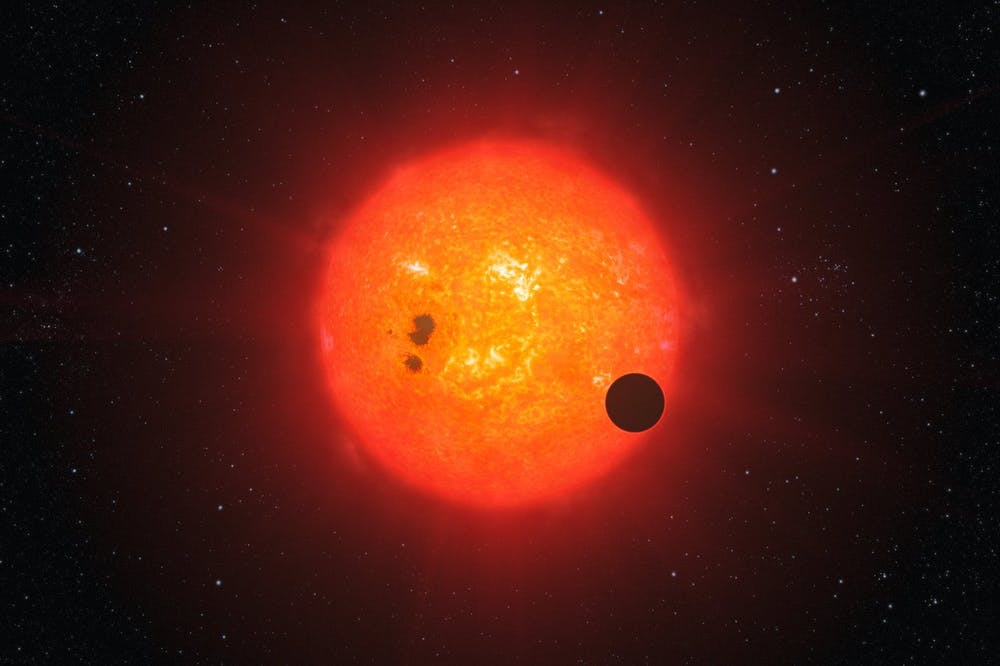
Hidden exoplanets may trigger auroras on distant stars
By Charles Q. Choi published
Mysterious radio signals may blast out from auroras on distant stars triggered by hidden planets, a new study finds.

Catastrophic floods shaped Mars more than previously thought, scientists suggest
By Charles Q. Choi published
Catastrophic floods from overflowing lakes on early Mars may have carved out many of the Red Planet's valleys, a new study finds.

Dense 'hot spots' on a young star reveal what Earth's sun may have looked in its infancy
By Charles Q. Choi published
Astronomers may have captured the best view yet of matter colliding with the surface of a young star, findings that may shed light on what the sun looked like in its youth.

Star-smash supernova? New type of stellar explosion possibly seen
By Charles Q. Choi last updated
Astronomers have uncovered evidence of explosions triggered by dead stars ramming into live stars, possible proof of a new type of supernova, a new study finds.
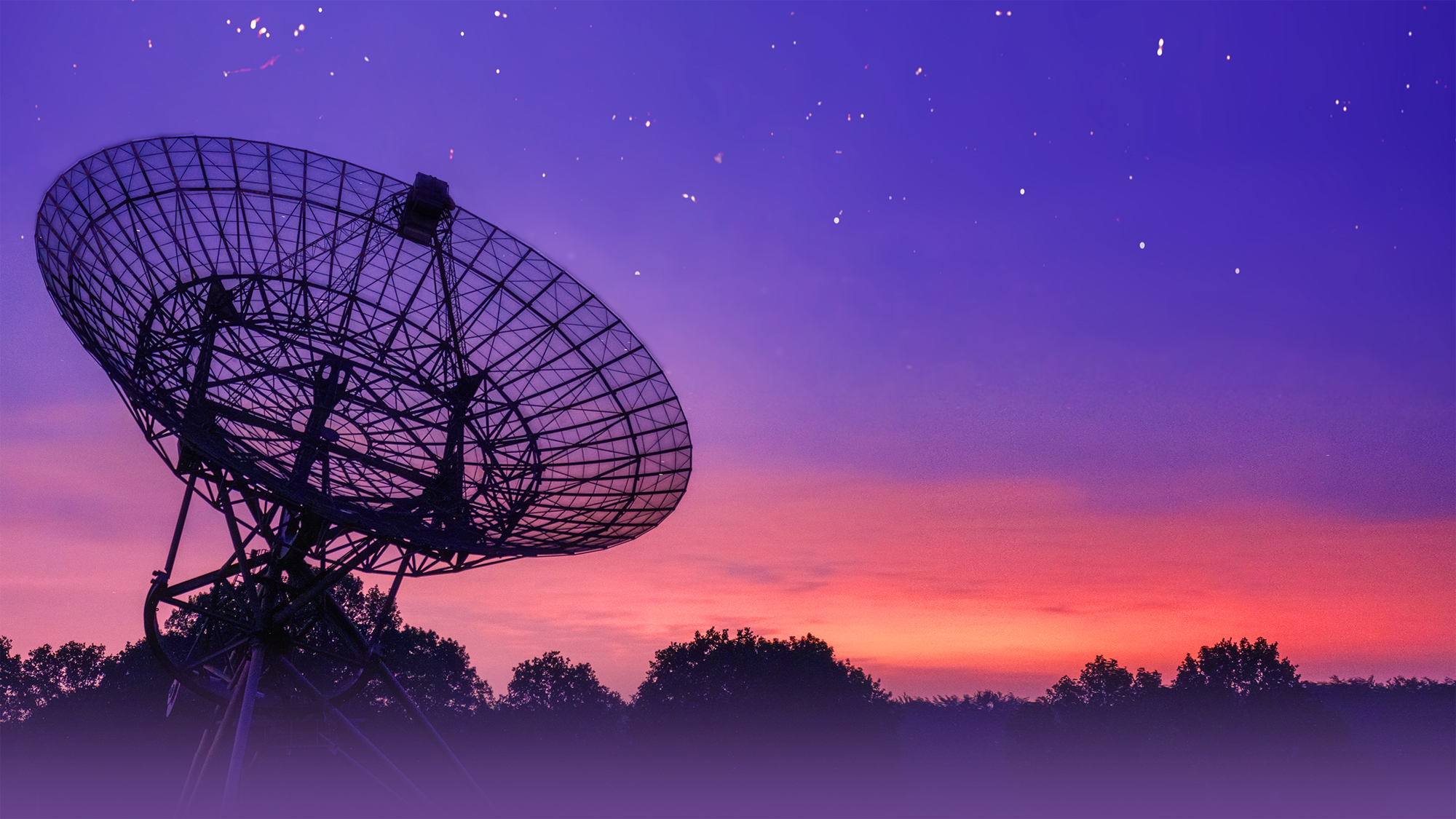
'Radio colors' from mysterious deep-space flashes reveal lone stellar corpse as source
By Charles Q. Choi published
Mysterious repeating pulses of radio waves may come from a hitherto unknown kind of extraordinarily powerful cosmic magnet, and not pairs of stars as previously suggested, a new study finds.

Mars' buried polar 'lakes' may just be frozen clay
By Charles Q. Choi published
Bright reflections that radar detected beneath the south pole of Mars may not be underground lakes as previously thought but deposits of clay instead, a new study finds.

Astronomers catch fizzled-out gamma-ray burst from supernova
By Charles Q. Choi published
A fizzled example of a gamma-ray burst, the most powerful kind of explosion known in the universe, suggests these outbursts can be surprisingly brief, researchers say.

Water vapor detected on huge Jupiter moon Ganymede for 1st time
By Charles Q. Choi published
In the wisp-thin sky of Jupiter's moon Ganymede, the largest satellite in the solar system, astronomers have for the first time detected evidence of water vapor, a new study finds.
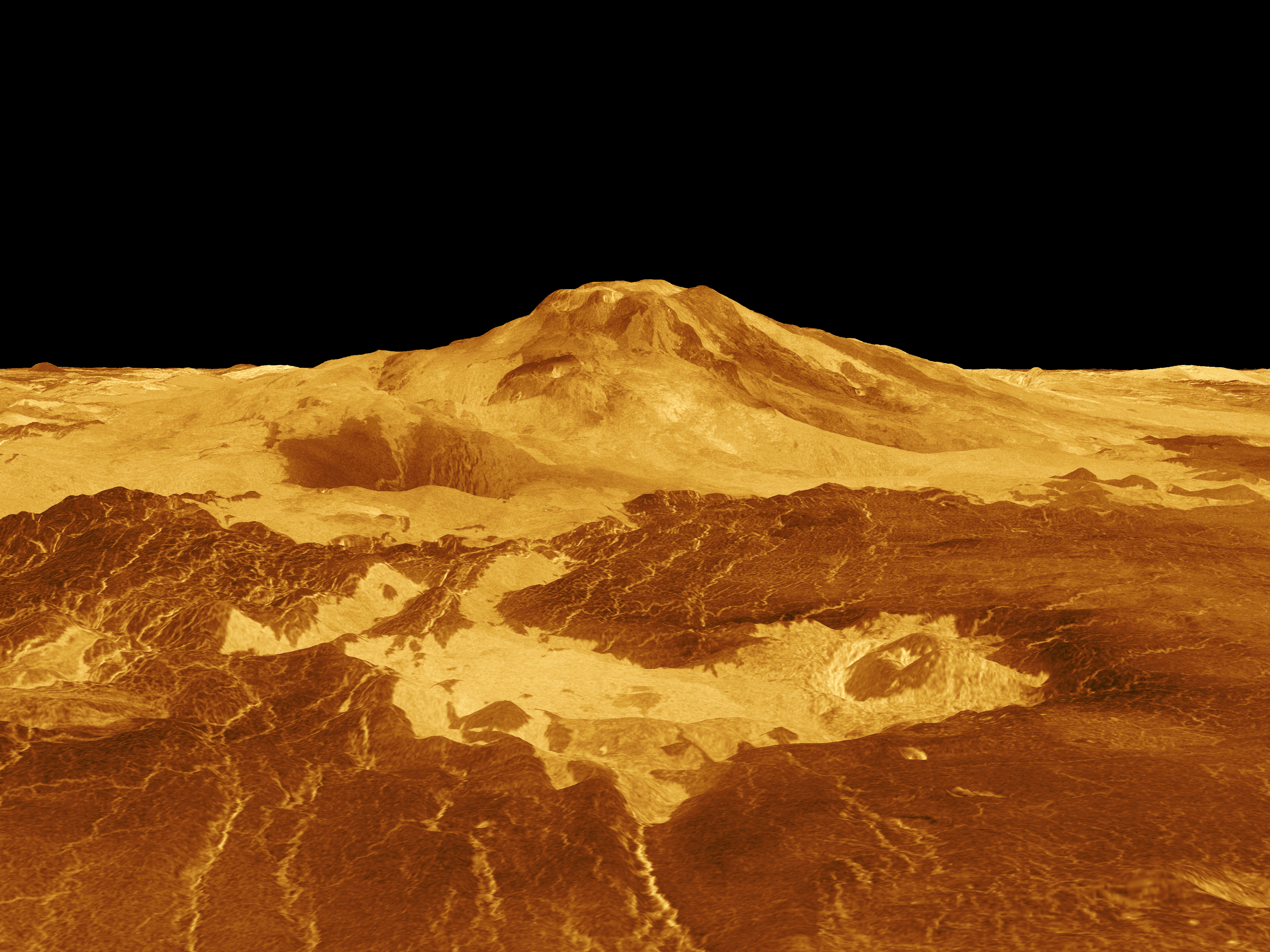
Strange chemical on Venus may come from volcanoes, not life
By Charles Q. Choi published
A mysterious whiff of an unstable chemical in the skies of Venus may not be a sign of life but the result of explosive volcanic eruptions, a new study finds.

Mystery of Jupiter's powerful X-ray auroras finally solved
By Charles Q. Choi published
Mysterious flares of X-rays from Jupiter's auroras suggest that the giant planet's "northern lights" may possess unexpected similarities with those of Earth, a new study finds.
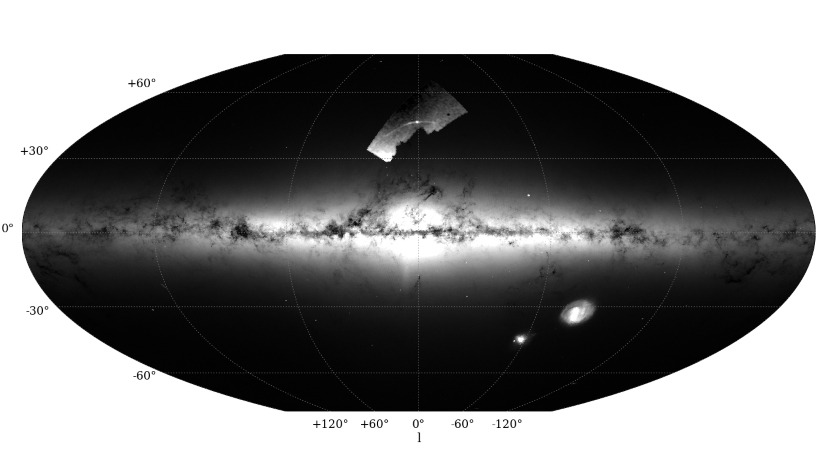
Star cluster overrun with black holes may dissolve into space, study finds
By Charles Q. Choi published
A cluster composed of thousands of stars may dissolve to become a mob of dozens of black holes in a billion years.
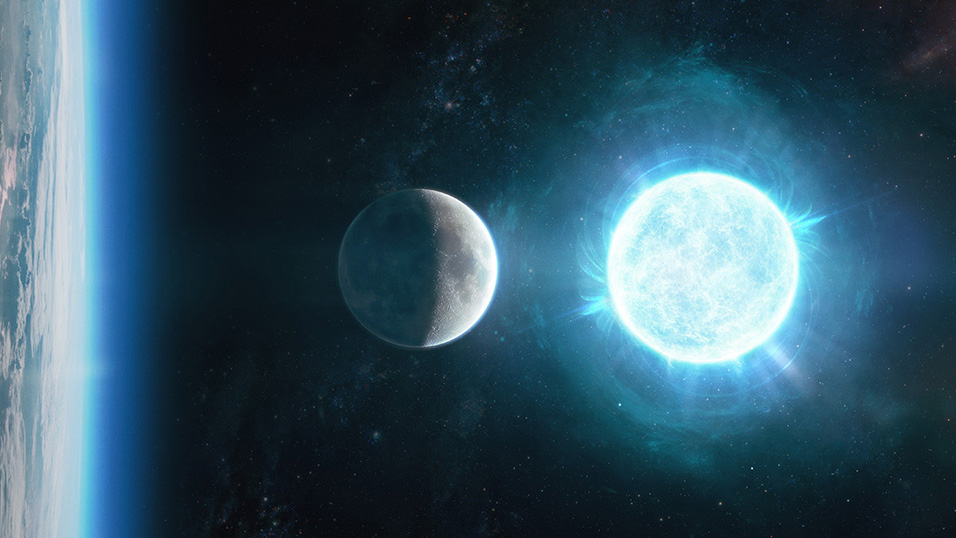
Smallest, densest white dwarf ever discovered packs the sun's mass into a moon-size stellar corpse
By Charles Q. Choi published
Astronomers may have discovered the smallest and heaviest white dwarf star ever seen, a smoldering ember about the size of our moon but 450,000 times more massive than Earth, a new study finds.
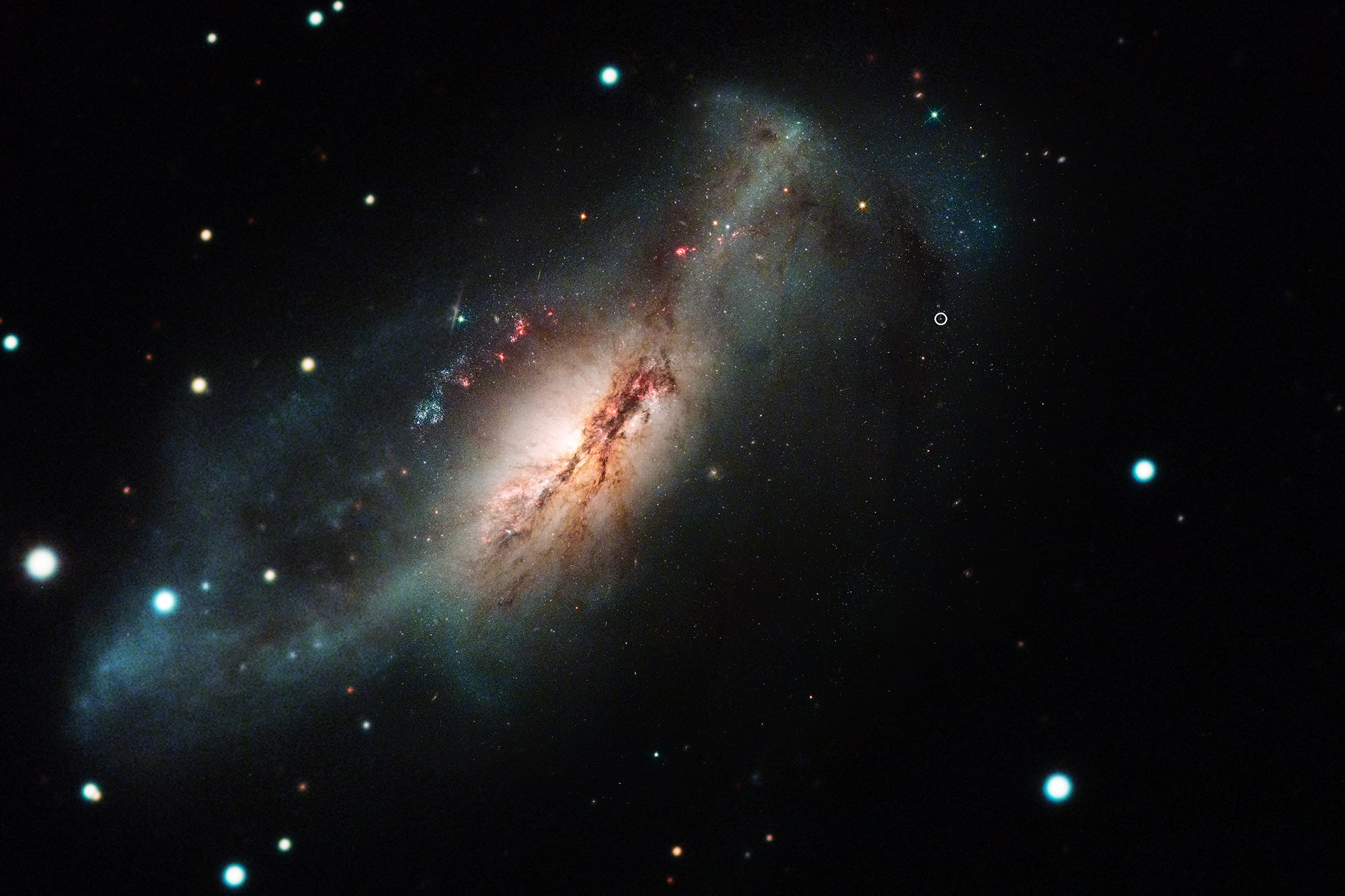
Elusive new type of supernova, long sought by scientists, actually exists
By Charles Q. Choi published
Astronomers may have finally discovered convincing evidence of an elusive kind of supernova, called the electron-capture supernova, that may explain the Crab Nebula.

Astronomers discover largest known spinning structures in the universe
By Charles Q. Choi last updated
Tendrils of galaxies up to hundreds of millions of light-years long may be the largest spinning objects in the universe, a new study finds.

Aliens could have spotted Earth cross the sun from more than 1,700 star systems
By Charles Q. Choi published
E.T. could also potentially have detected life on Earth, scientists say.

Boulders on asteroid Ryugu are surprisingly fluffy, Japan's Hayabusa2 probe finds
By Charles Q. Choi published
Boulders on asteroids can be three-quarters hollow or more, a discovery that could help yield insights on the way in which Earth and other planets formed, a new study finds.

Metals found in the atmospheres of comets in and beyond our solar system surprise scientists
By Charles Q. Choi published
Metal atoms have surprisingly been discovered in the frigid atmosphere of the first known interstellar comet to visit our solar system, a new study finds.
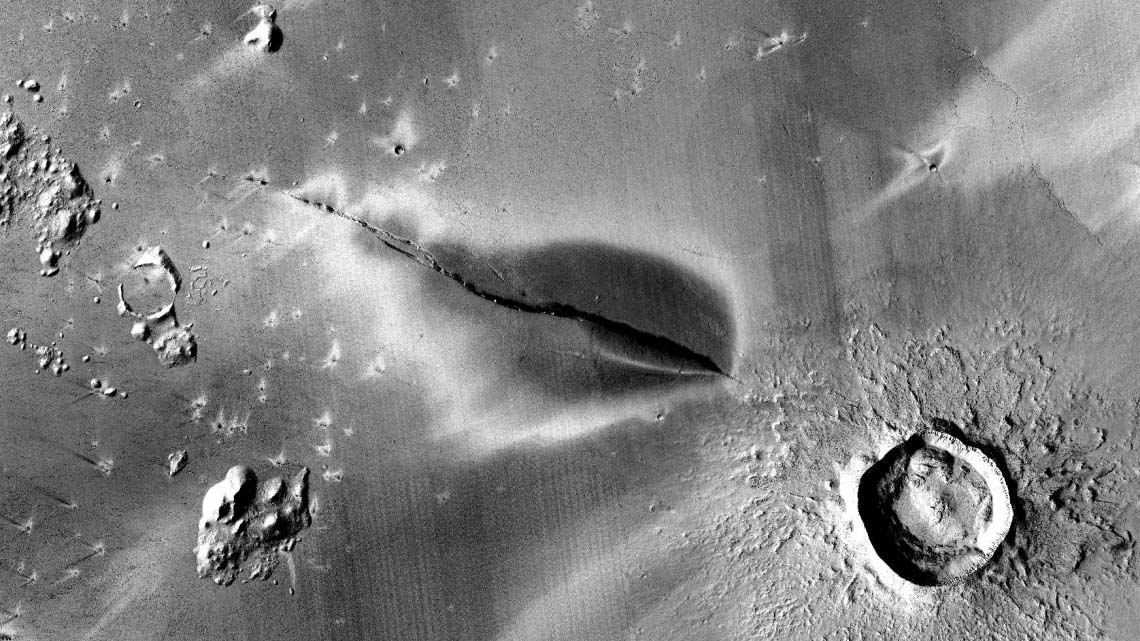
Mars may still be volcanically active, study finds
By Charles Q. Choi published
Evidence of what may be the youngest eruption seen yet on Mars suggests the Red Planet may still be volcanically active, raising the possibility it was recently habitable.

Alien hunters should search for artifacts on the moon, study suggests
By Charles Q. Choi last updated
The famous equation used to search for alien civilizations has now inspired a new formula to hunt for alien artifacts within our solar system.
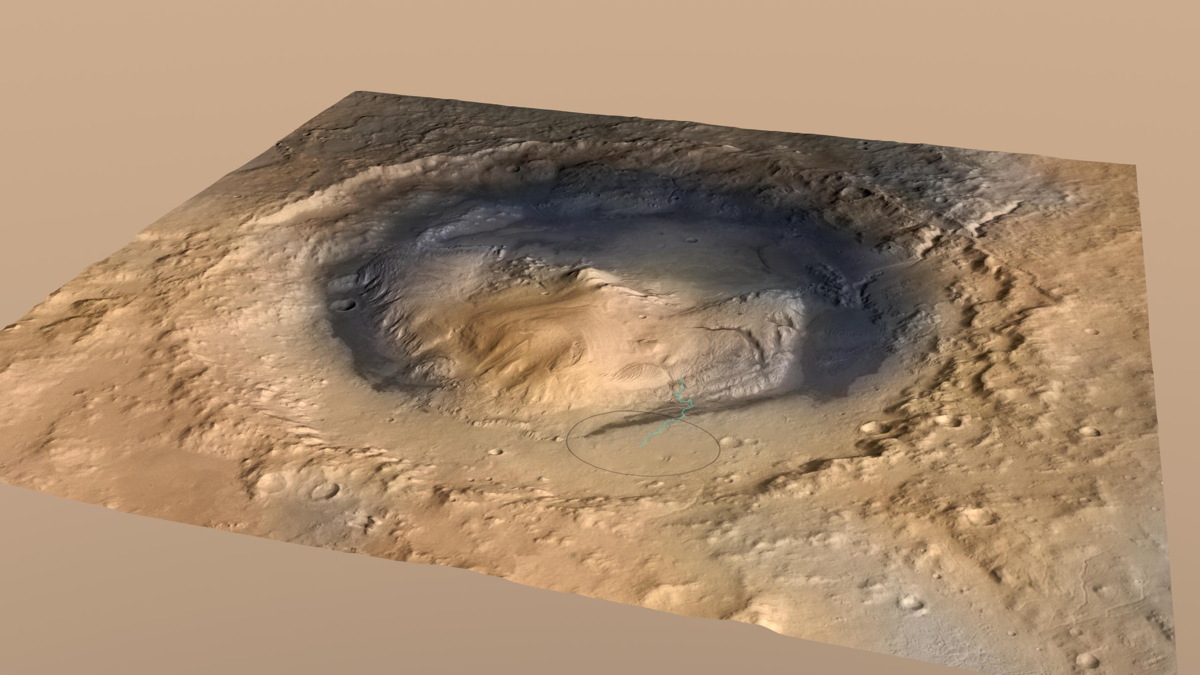
The water on Mars didn't run dry all at once, study finds
By Charles Q. Choi last updated
Mars did not dry up all at once, but fluctuated between dry spells and wetter times, a new study finds.
Get the Space.com Newsletter
Breaking space news, the latest updates on rocket launches, skywatching events and more!
